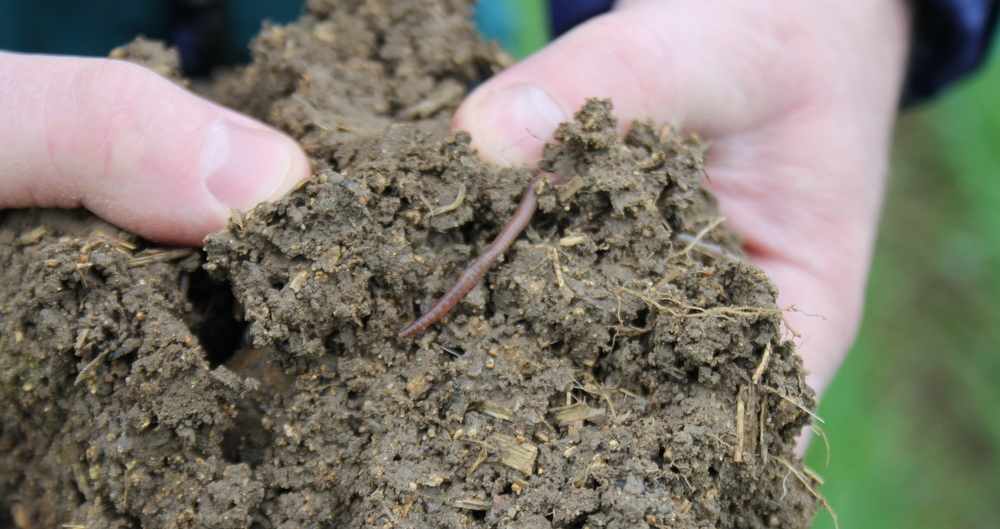One thing we know is that we need to ensure ELMs works for organic farmers.
Mark Wycherley, NFU Organic Forum Vice Chair, and sits on the NFU’s ELMs task and finish group representing organic farming interests, says:
“It is vital that Defra gets ELMs right for organic producers. I, like many others, will be reviewing the viability of the farming business as we move away from BPS and move towards other ways of funding. Whether this works for organic producers will determine the future of my business in organic farming.
“Farming organically comes with bigger risks – organic principles, such as longer rotations and lower stocking densities, mean farmers are to build soil fertility and control pests without the need for artificial inputs. However, this results in lower outputs from the farmgate. The margin in organic milk is currently not enough and losing support through organic payments will make the sector less sustainable in its current model.”
Read Three things organic farmers need to know about ELMs.
Andrew Burgess, NFU Organic Forum Chair says:
“Organic farming manages biological and ecological cycles on farm to deliver many public goods including soil health, water quality and biodiversity.
“Organic producers farm to a legally defined set of rules, which are independently inspected. Many of the objectives of the ELMs scheme are already being delivered through organic farming and this earned recognition should be recognised in the formulation of ELMs.
“We have been working hard to demonstrate to Defra the benefits that organic farming systems bring and the public goods they deliver. However, to truly ensure that ELMs will deliver for organic businesses, we need to get as many organic producers involved in the pilots as we can.”
